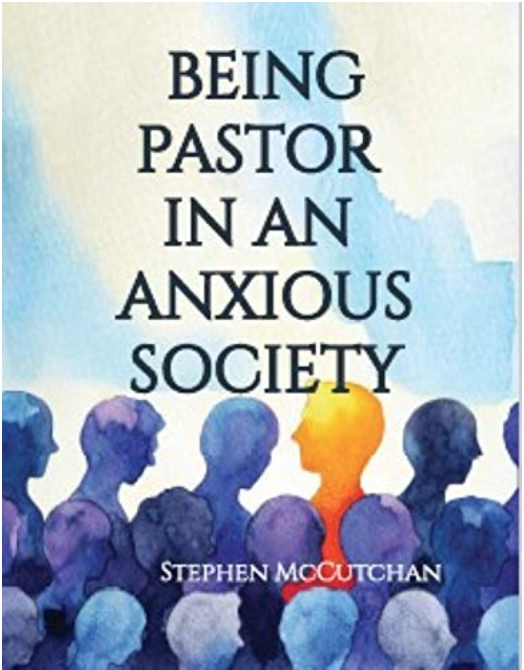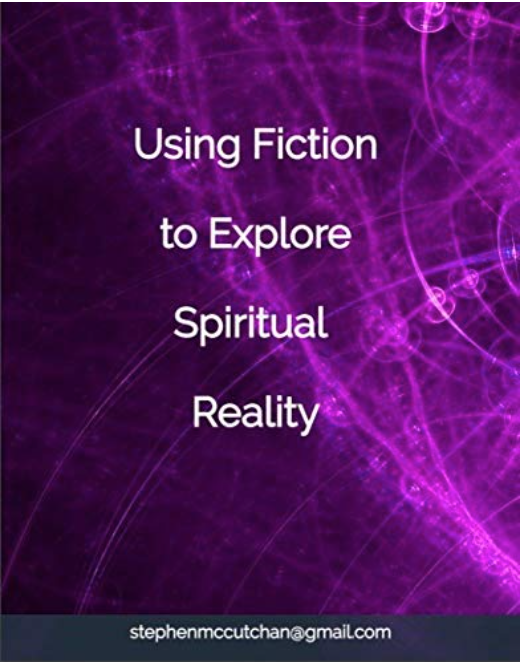Anger and Emotional Health
Ephesians 4:26-27 “Be angry but do not sin; do not let the sun go down on your anger, and do not make room for the devil” advises Scripture. When you are taking care of your emotional health, this is important advice.
Anger is a natural part of our psyche and repressing it can cause serious damage. I knew a woman who for years harbored a deep anger at her father and brother because she felt her father had favored her brother in his will. Whether he did nor not, what struck me as I worked with her was the price she paid for her anger while her brother and father were not affected. She had massive headaches and a deep seated disturbance in her life. As far as I could determine, she never spoke of her feelings to either of them.
As Scripture advises, the healthiest response is to deal with your anger when it occurs. However, sometimes it is not strategically valuable to confront someone who has evoked your anger. Yet, for your emotional health, you need to learn to deal with your anger in a way that does not harm you.
STEP BY STEP
The first step is to nurture the ability to name your feeling of anger. I know from early experience that we are all too capable of denying that we feel anger and letting it simmer below our consciousness. To honestly confess, at least to yourself, that you are feeling angry is an important step towards being in control of your feelings.
A second step is to recognize that you have chosen to be angry in response to some condition or action. That is not always a wrong choice but it is a choice. Viktor Frankl in Man’s Search for Meaning suggests that the last and most important freedom is the freedom to choose how we will respond. No one can take that away from us. We can choose to be angry at someone, to pity them, to laugh at them, or to ignore them. They can’t control that. Only we can. Therefore, when we admit that we are angry, we can also choose to make a different response.
That is not always easy and often anger seems to be such a spontaneous response that we are not aware that we have made that choice. Therefore, the third step is to reflect on the situation that has evoked anger in us and consider whether we would like to make a different response. In doing so, we are less controlled by another person and more in control of our self. What are the steps you take when you feel anger. It is an important factor in maintaining the health of your ministry.

































